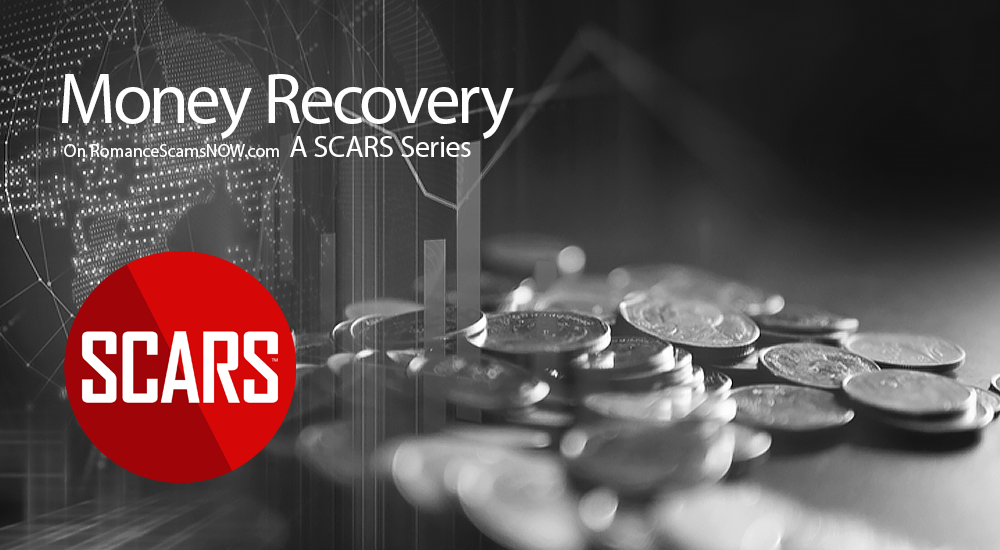Fighting Authorized Push Payment Fraud: A New Reimbursement Requirement
This represents a major breakthrough for U.K. Scam Victims
Fraud is the largest contributor to crime in the UK, and authorized push payment (APP) scams continue to have a devastating impact on people who fall victim, with only 46% of reported cases being reimbursed.
The Payment Systems Regulator (PSR) has today published its policy statement on the new “world first” reimbursement requirement (https://www.psr.org.uk/publications/policy-statements/ps23-3-fighting-authorised-push-payment-fraud-a-new-reimbursement-requirement).
Key Points:
- Require payment firms to reimburse all in-scope customers who fall victim to APP fraud in most cases
- Share the cost of reimbursing victims 50:50 between sending and receiving payment firms
- Provide additional protections for vulnerable customers
- Process to begin by end of 2023
The introduction of mandatory reimbursement for APP fraud (money transfer fraud) within the Faster Payments system aims to:
- Incentivize the payment industry to invest in fraud prevention by making every payment firm meet the cost of reimbursing; and
- Increase customer protection so that most victims of APP fraud are swiftly reimbursed
The new reimbursement requirement will apply to all Payment Service Providers (PSPs), with the cost of reimbursement to be shared 50:50 between sending and receiving payment firms.
Sending PSPs must reimburse customers within 5 business days. There will be a maximum level of reimbursement for APP fraud claims under the new reimbursement requirement; the PSR will consult on the appropriate maximum value and this will be published in PSR guidance in Q4 2023.
There is no minimum threshold. Customers will have 13 months from final payment to the fraudster in which to make a claim.
There are two exceptions to reimbursement under the new requirement:
- Where the customer has acted fraudulently (“first-party fraud”)
- Where the customer has acted with gross negligence
The PSR states that: “gross negligence is a high bar and, where suspected, the burden of proof is on the PSP”. The PSR interprets “gross negligence” to be a higher standard than the standard of negligence under common law i.e. the customer needs to have shown a very significant degree of carelessness.
The decision to retain the “gross negligence” exception (as per the CRM Code) was made to guard against the risk that if customers are more confident of being reimbursed, they will take less care in ensuring that their payee is not a fraudster.
Sending PSPs will have the option to apply a claim excess (the appropriate level for such excess will be consulted on in due course). However, the “gross negligence” exception and claim excess must not be applied to vulnerable customers. As part of assessing an APP fraud case, the sending PSP should assess the customer’s situation and any potential vulnerability in line with the FCA’s guidance (FCA, FG21/1 Guidance for firms on the fair treatment of vulnerable customers (February 2021).
The new reimbursement requirement will come into force in 2024. However, the PSR expects PSPs to start work now to implement the new reimbursement requirement. Tenet welcomes the new reimbursement requirement as we continue to see the devastating impact of APP fraud on both individuals and businesses alike.
Portions courtesy of TENET
-/ 30 /-
What do you think about this?
Please share your thoughts in a comment below!
Do You Need Support?
Get It Now!
SCARS provides the leading Support & Recovery program for relationship scam victims – completely FREE!
Our managed peer support groups allow victims to talk to other survivors and recover in the most experienced environment possible, for as long as they need. Recovery takes as long as it takes – we put no limits on our support!
SCARS is the most trusted support & education provider in the world. Our team is certified in trauma-informed care, grief counseling, and so much more!
To apply to join our groups visit support.AgainstScams.org
We also offer separate support groups for family & friends too.
Become a
SCARS STAR™ Member
SCARS offers memberships in our STAR program, which includes many benefits for a very low annual membership fee!
SCARS STAR Membership benefits include:
- FREE Counseling or Therapy Benefit from our partner BetterHelp.com
- Exclusive members-only content & publications
- Discounts on SCARS Self-Help Books Save
- And more!
To learn more about the SCARS STAR Membership visit membership.AgainstScams.org
To become a SCARS STAR Member right now visit join.AgainstScams.org
To Learn More Also Look At Our Article Catalogs
Scam & Crime Types
More SCARS
- ScamsNOW Magazine – ScamsNOW.com
- ContraEstafas.org
- ScammerPhotos.com
- AnyScam.com – reporting
- AgainstScams.org – SCARS Corporate Website
- SCARS YouTube Video Channel











![An Example of How Scammers Use Emergency Scams - 2014 [UPDATED 2024] - on SCARS RomanceScamsNOW.com](https://romancescamsnow.com/wp-content/uploads/2014/06/emergency-scams.png)

Please Leave A Comment - Tell Us What You Think About This!